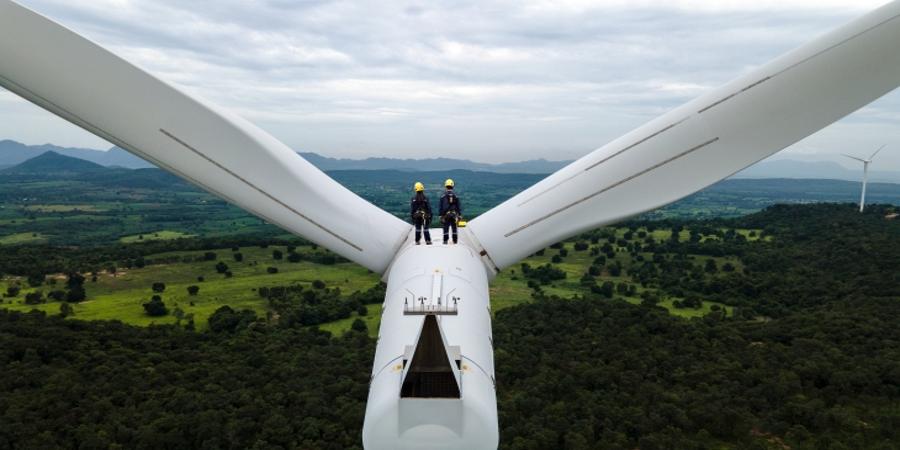Last year, when venture capital’s fiery streak cooled, climate tech held strong with tens of billions in deals despite geopolitical instability, hiked-up interest rates and crypto chaos. Still, the state of the sprawling, tricky-to-define sector was never easy to pin down; that’s as true as ever today.
So, where do things stand? Depending on what you’re reading, funding is still on the rise in certain corners, the “party” might be “over,” the industry is due for a rebound, or it’s feeling the squeeze. As research firms and media outlets pick apart the ebbs and flows across locales and subsectors, let’s look at some of the conclusions they’ve reached. Their latest takeaways aren’t actually conflicting, though they may seem to be for habitual headline skimmers.
First things first, climate tech deals and total funding dollars indeed slipped by more than a third in the first quarter of 2023, as TechCrunch laid out earlier this year. The chill persisted in the second quarter — altogether, funding dropped 40% in the first half of 2023, per the deal-watchers at Climate Tech VC (CTVC). In short, the squeeze is real. At its broadest definition, climate tech is simply not immune to the VC slowdown.
This seems particularly true in Europe, according to a new report from Sifted. The outlet found that total VC funding for the sector sank by almost 43% in the first half of 2023 from the same period last year. The report pinned the drop on a steep decline in Series B or later-stage deals, while early-stage deal-making trends looked a whole lot better. This is also the case globally: “Growth investors already picked their horses,” CTVC explained back in June.
Climate tech is an expansive umbrella, and beneath it some startups are experiencing different realities. In Europe, energy-focused firms took a much gentler blow to the chin (a 19% drop, per Sifted) this year.
On the global level, things are actually looking up for firms that are specifically focused on carbon removal and carbon accounting, according to a new PitchBook and NVCA report detailed by Axios. The narrower report found that VCs pumped $4.1 billion into startups that focus on emissions mitigation, via things like low-carbon concrete and fertilizers, and pollution-tracking tools. Startups working in these areas are on track for a stronger year compared to 2022, the report states.
This doesn’t negate the decline documented by CTVC, which factors in other types of startups typically lumped into the climate tech category, including EV makers and some food tech. Still, the PitchBook report lends some useful nuance to the stories that focus on the gloom. These bright spots may explain why some optimists are hopeful for a turnaround, such as investor Bill Gross. The VC also recently cited the pause in federal interest rate hikes and growing climate awareness as two factors that he believes will help drive an uptick in climate tech deal-making yet again.
Source @TechCrunch



